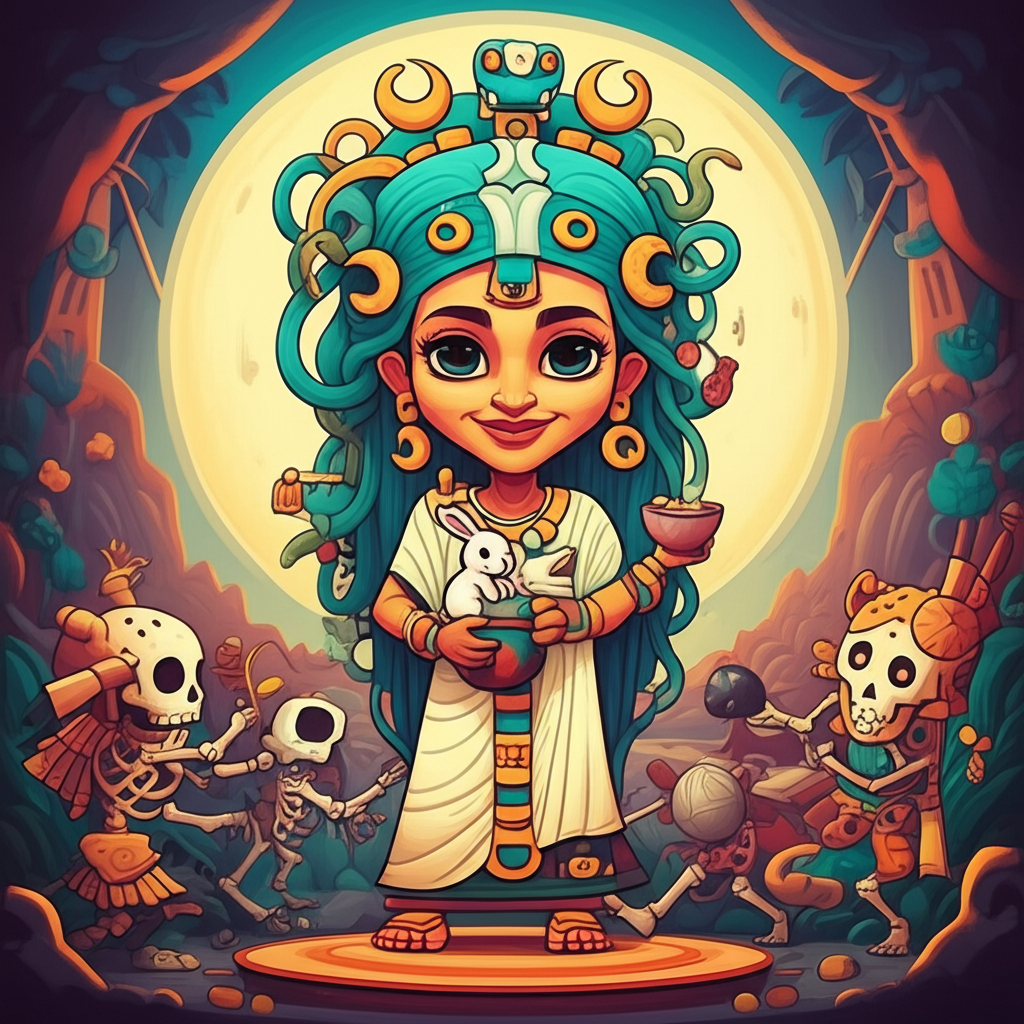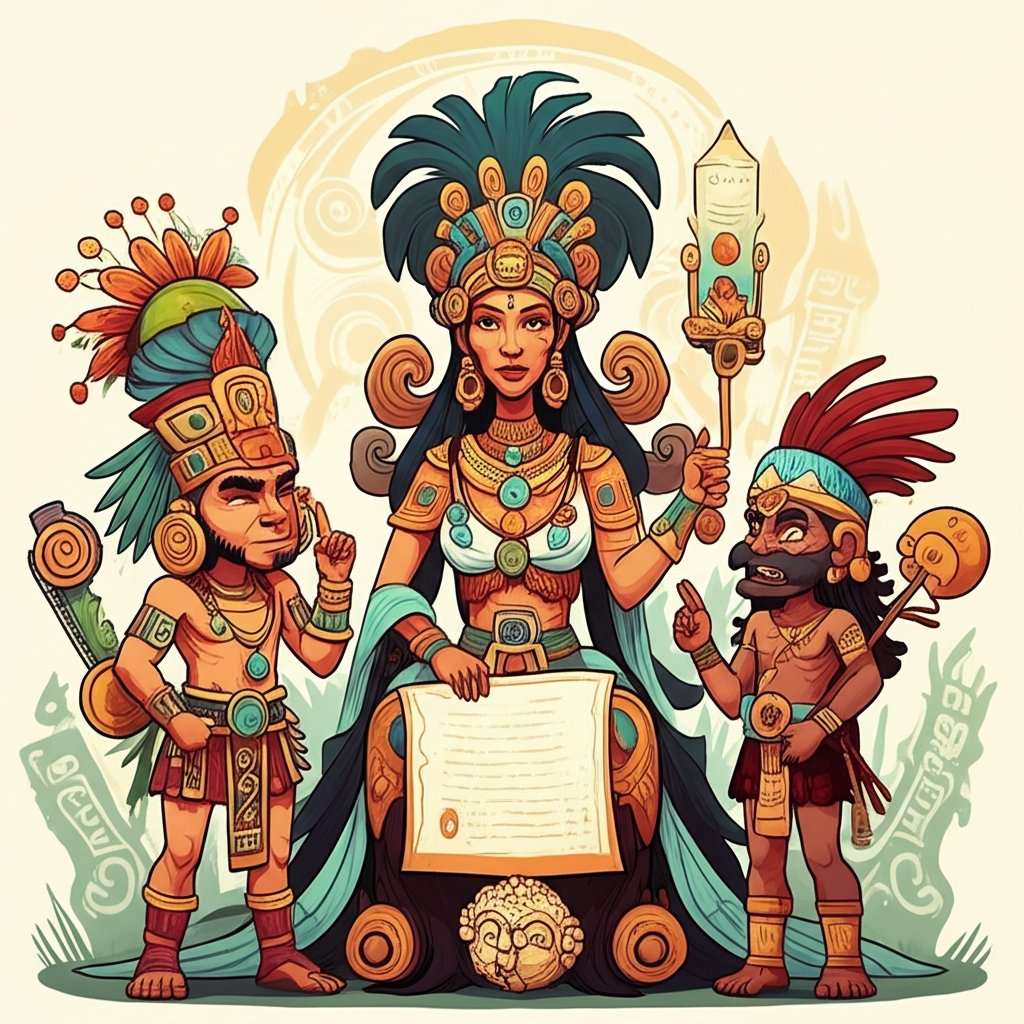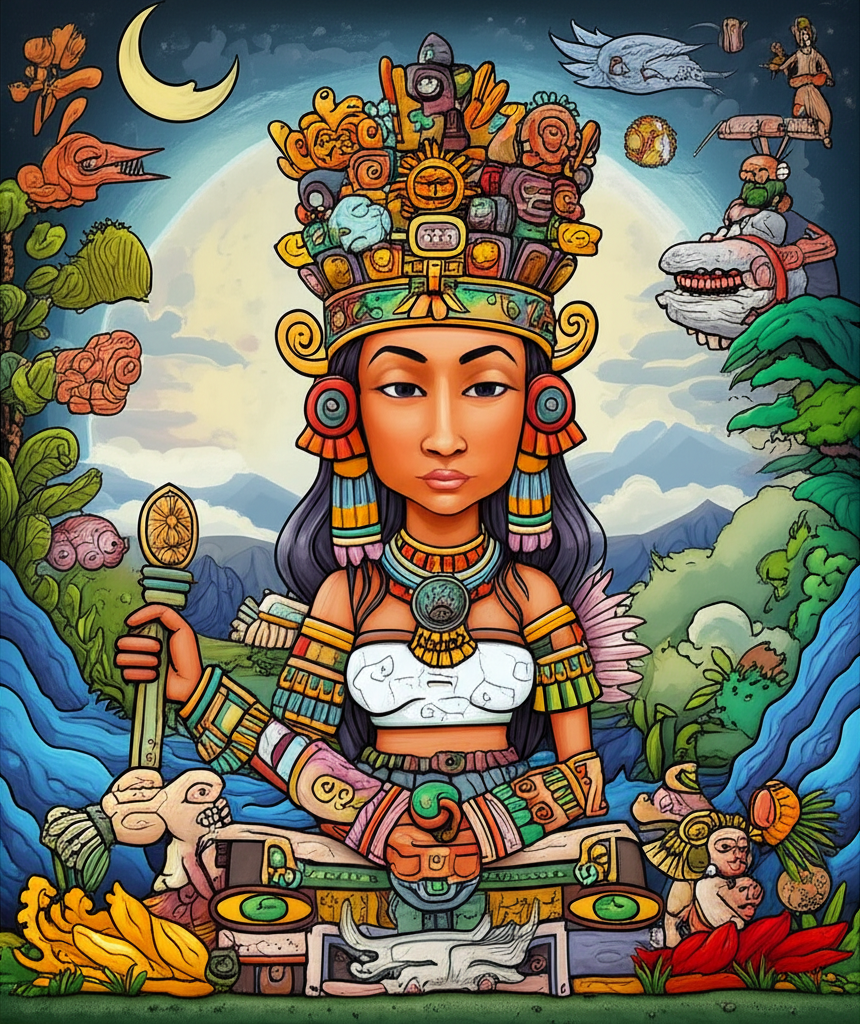
In the rich tapestry of ancient Indian folklore, woven from the threads of spiritual inquiry and imaginative contemplation, tales of divine realms and their inhabitants have long captivated the human mind. One such narrative, whispered through generations, speaks of an encounter with a Yaksha, a celestial guardian, within the mythical abode of Vaikuntha, the celestial paradise often associated with the deity Vishnu in Hindu traditions. This is not a testament to divine power, but a fascinating glimpse into the worldview of ancient peoples, their attempts to understand the unseen, and their deeply ingrained storytelling traditions.
The cultural milieu from which such stories emerge is one steeped in a profound connection to the natural world and a vibrant spiritual imagination. Ancient India, particularly during the Vedic and Puranic periods, was a society where the boundaries between the physical and the metaphysical were fluid. Life was often lived in close proximity to nature, with its majestic mountains, dense forests, and life-giving rivers, all imbued with a sense of mystery and power. This era saw the development of complex philosophical systems and elaborate mythologies, not as dogma, but as a means of exploring fundamental questions about existence, morality, and the cosmos. The world was perceived as alive with unseen forces, benevolent and malevolent, shaping human destiny. Deities, demigods, nature spirits, and celestial beings were integral to this understanding, explaining the inexplicable and providing archetypal narratives for human experience. The stories of Vaikuntha and its denizens, including Yakshas, emerged from this fertile ground of spiritual exploration and cultural expression.
The Yaksha, as depicted in these ancient narratives, is not a singular, easily defined entity. Rather, it represents a class of semi-divine beings, often described as nature spirits or custodians of hidden treasures and sacred places. They are frequently portrayed as powerful, sometimes capricious, and possessing extraordinary abilities. Symbolically, the Yaksha can be interpreted as representing the untamed forces of nature – the hidden riches within the earth, the mysteries of the forest, or the unpredictable power of elemental energies. Their presence in sacred or celestial realms like Vaikuntha suggests a role as guardians, protectors of divine spaces, or servants of higher deities. Their often ambivalent nature – capable of both great kindness and formidable wrath – might reflect the dualistic perception of natural forces, which can nurture and sustain, but also destroy and overwhelm. Their description often involves an aura of immense power, a connection to the earth’s bounty, and an ageless quality, hinting at their ancient and primal origins.
Our narrative begins not with a grand procession, but with a humble seeker, a sage named Narada, known for his travels across celestial and earthly realms. Narada, driven by an insatiable thirst for knowledge and a desire to witness the divine, found himself journeying towards Vaikuntha, a place sung about in countless hymns and revered in countless hearts. The path, as envisioned by the storytellers, was not paved with stones but with devotion and spiritual merit. As Narada approached the periphery of this celestial abode, the air itself seemed to shimmer with an otherworldly luminescence. The trees, taller and more verdant than any earthly counterpart, whispered ancient secrets on a breeze scented with celestial blossoms.
Suddenly, from the shadow of a magnificent, ancient banyan tree, a figure emerged. It was a Yaksha, not as a monstrous apparition, but as a being of immense presence. Its form was robust, radiating a silent strength, its skin the hue of polished obsidian, and its eyes, like pools of liquid starlight, seemed to hold the wisdom of millennia. Adorned with jewels that seemed to glow with an inner fire, the Yaksha stood as a sentinel, an embodiment of the raw, untamed power that guards sacred spaces. It was neither overtly welcoming nor threatening, but possessed an aura of profound authority.
Narada, though accustomed to encountering celestial beings, felt a tremor of awe. He offered his salutations, his voice a soft echo in the profound stillness. The Yaksha, with a voice like the rumbling of distant thunder, acknowledged his presence. It did not speak of dogma or divine commandments, but of the very essence of the realm it guarded. It spoke of the balance of cosmic energies, of the ceaseless flow of creation and dissolution, and of the profound interconnectedness of all things. The Yaksha explained its role not as a deity to be worshipped, but as a custodian, a force ensuring the sanctity and order of Vaikuntha. It revealed that its power stemmed not from personal ambition, but from its intrinsic connection to the divine essence of the place. It spoke of the whispers of the wind carrying the prayers of the devoted, and the silent strength of the earth supporting the celestial structures.
The encounter was not one of a supplicant begging for boons, but of two beings sharing a moment of cosmic understanding. The Yaksha, through its presence and its words, conveyed a sense of the immense responsibility that comes with guardianship, and the deep respect for the natural and spiritual order it represented. Narada, in turn, absorbed this wisdom, adding another layer to his vast understanding of the universe. The Yaksha then, with a gesture as ancient as time, indicated the path forward, allowing the sage to continue his journey into the heart of Vaikuntha, leaving the Yaksha to resume its silent vigil.
For the ancient people who conceived of such tales, the Yaksha of Vaikuntha likely symbolized a multitude of concepts. It could represent the inherent power and mystery of nature, the guardians of sacred groves and hidden treasures that were respected and sometimes feared. Its presence in a divine realm suggested that even the most sacred spaces require vigilant protection, and that such guardianship often falls to beings intrinsically tied to the elemental forces of existence. The Yaksha might also have embodied the idea of divine justice or the natural order, ensuring that the sanctity of the celestial realm was maintained. Its powerful yet often inscrutable nature could have served as a reminder of the limits of human comprehension and the vastness of the unseen forces at play in the cosmos.
In the modern era, these ancient myths continue to resonate, albeit through different lenses. The Yaksha, in its various forms, has found its way into popular culture, appearing in literature, films, and video games as mythical creatures, powerful guardians, or embodiments of ancient magic. In cultural studies, these narratives are invaluable for understanding the spiritual beliefs, societal structures, and imaginative frameworks of ancient civilizations. They offer a window into how people grappled with the unknown, sought meaning in their existence, and expressed their understanding of the world through compelling stories.
In conclusion, the tale of the Yaksha of Vaikuntha is a testament to the enduring power of human imagination and the rich heritage of storytelling. It is a narrative born from ancient traditions, offering a glimpse into a worldview where the lines between the earthly and the divine were blurred, and where unseen forces were believed to shape existence. As Muslims, we recognize that only Allah is the true Creator and Sustainer of all that exists, and that divine power and ultimate reality reside solely with Him. These ancient stories, however, serve as valuable cultural artifacts, enriching our understanding of human history, diverse belief systems, and the timeless human impulse to explore the mysteries of the universe through the art of storytelling. They remind us of the vastness of human creativity and the diverse ways in which people have sought to comprehend their place within the grand cosmic narrative.




